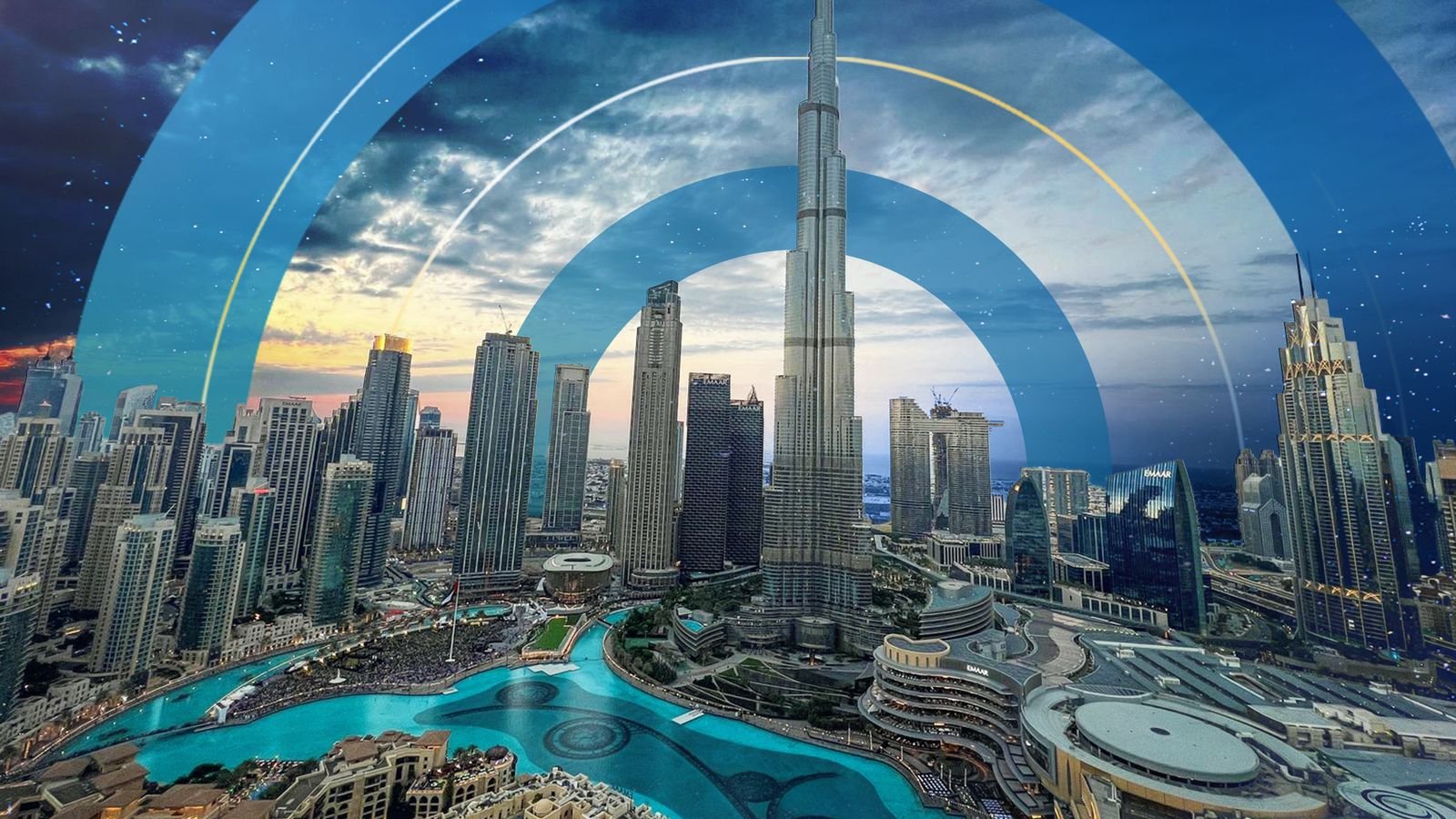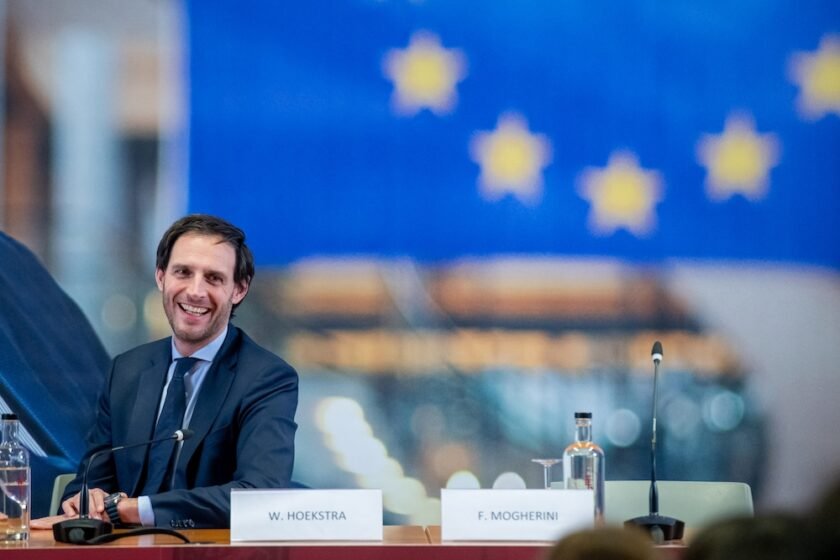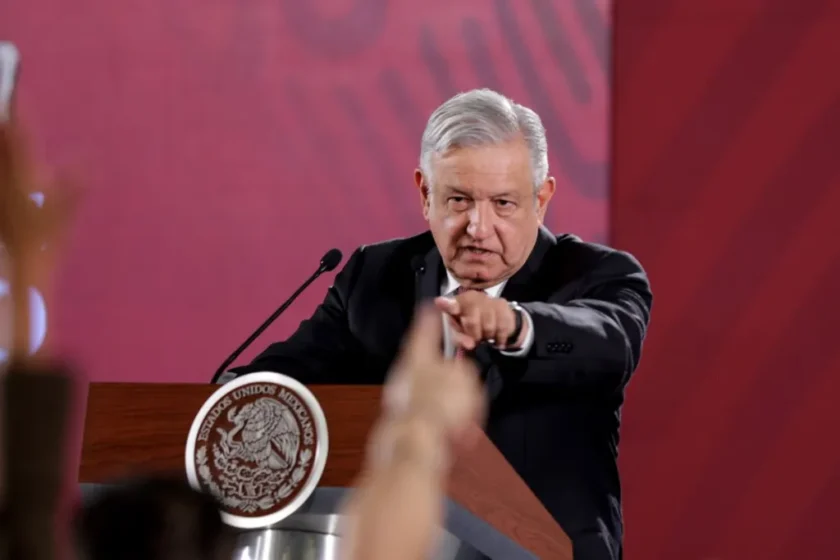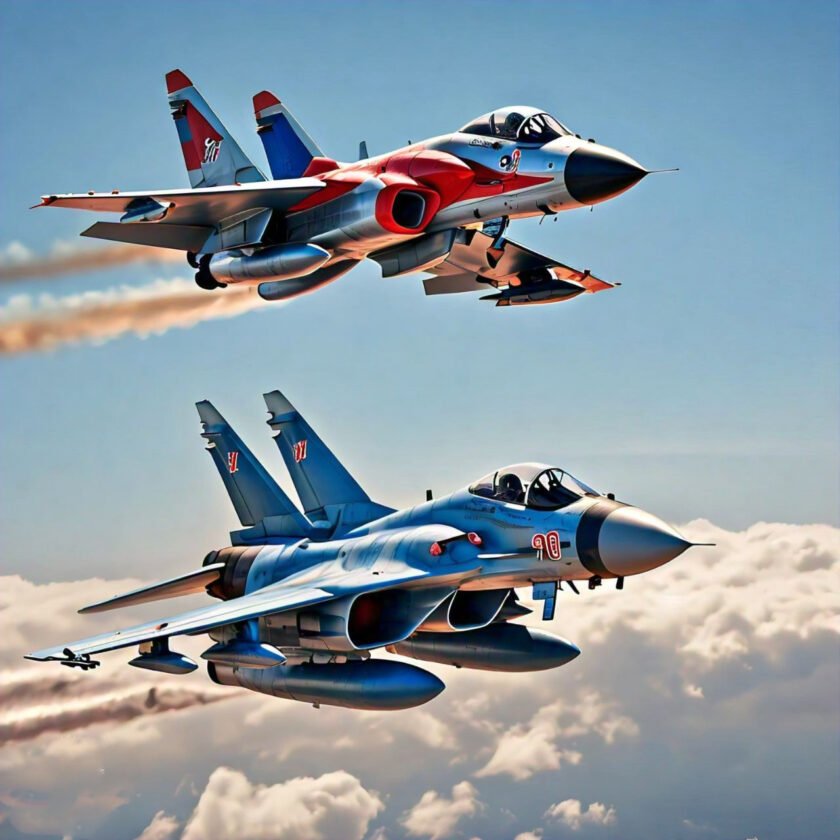Dubai: Dubai, one of the seven emirates that constitute the United Arab Emirates (UAE), has undergone a remarkable transformation over the past few decades. From a modest fishing village and trading port to a global metropolis, Dubai’s evolution is a testament to visionary leadership, strategic planning, and a relentless drive for innovation and growth. This essay explores the multifaceted changes in Dubai’s urban landscape, economy, cultural scene, and environmental strategies, highlighting how these changes have reshaped the emirate into a beacon of modernity.
Urban Landscape
Dubai’s skyline is perhaps the most visible symbol of its transformation. The city boasts some of the world’s most iconic buildings, including the Burj Khalifa, the tallest structure on the planet, and the sail-shaped Burj Al Arab hotel. This architectural evolution is part of a broader urban development strategy aimed at positioning Dubai as a global hub for tourism, business, and luxury living.
The transformation began in earnest in the 1990s with the launch of the Sheikh Zayed Road, which now serves as a spine for the city’s rapid growth. Alongside this highway, towering skyscrapers, luxury hotels, and sprawling shopping malls have sprung up, creating a cityscape that rivals the world’s greatest urban centers.
One of the most ambitious projects is the creation of artificial islands, such as the Palm Jumeirah and The World, which have expanded Dubai’s coastline and added prestigious real estate developments. These projects have not only increased the city’s appeal to investors and tourists but also demonstrated Dubai’s capacity for large-scale engineering feats.
Economic Diversification
Dubai’s economy has historically been driven by trade and oil. However, recognizing the finite nature of oil reserves, the emirate’s leadership embarked on a diversification strategy to reduce dependence on oil revenues. Today, oil accounts for less than 1% of Dubai’s GDP, a stark contrast to the past.
The pillars of Dubai’s diversified economy now include tourism, aviation, real estate, and financial services. The city has become a major tourist destination, attracting millions of visitors annually with its luxurious resorts, shopping festivals, and cultural events. The development of world-class infrastructure, including Dubai International Airport, one of the busiest airports globally, has been crucial in supporting this sector.
The real estate market has also played a central role in Dubai’s economic transformation. The city’s freehold property laws have attracted foreign investors, leading to a construction boom that has redefined its skyline. Additionally, Dubai International Financial Centre (DIFC) has established itself as a leading financial hub in the Middle East, connecting regional markets with the global economy.
Dubai Cultural Scene
Dubai’s cultural landscape has expanded significantly, reflecting its cosmopolitan nature. The city hosts a variety of cultural and artistic events, such as the Dubai International Film Festival and Art Dubai, which attract talent and audiences from around the world. These events highlight Dubai’s ambition to become a cultural nexus in the region.
The city is also home to several cultural landmarks, including the Dubai Opera and the Etihad Museum, which showcase the emirate’s history and contemporary artistic endeavors. Moreover, the opening of the Louvre Abu Dhabi, just a short drive away, underscores the UAE’s commitment to cultural development and accessibility.
Despite its rapid modernization, Dubai has managed to preserve elements of its traditional culture. The Al Fahidi Historical Neighborhood, with its narrow lanes and wind-tower architecture, offers a glimpse into the city’s past. The annual Dubai Shopping Festival and Global Village celebrate cultural diversity and traditional crafts, blending the old with the new.
Dubai Environmental Sustainability
Dubai’s rapid development has posed significant environmental challenges, leading the emirate to adopt various sustainability initiatives. The Dubai Clean Energy Strategy 2050 aims to make the city a global center of clean energy and green economy, targeting 75% of its energy from clean sources by 2050. Projects like the Mohammed bin Rashid Al Maktoum Solar Park, one of the largest renewable energy projects in the world, are key to achieving this goal.
Moreover, Dubai is focusing on sustainable urban planning. The Sustainable City, a residential community powered by solar energy and designed to reduce carbon footprints, exemplifies these efforts. The city has also implemented green building regulations and is promoting the use of electric vehicles and public transportation to reduce emissions.
Water conservation is another critical area. Given the arid climate, Dubai has invested heavily in desalination technology and wastewater treatment to ensure a sustainable water supply. Initiatives such as the Dubai Canal, which not only serves as a tourist attraction but also enhances the city’s water management capabilities, highlight the innovative approaches being adopted.
Dubai Social Development and Innovation
Dubai’s leadership places a strong emphasis on social development and innovation. The Dubai 2021 Plan envisions a smart and sustainable city with a high quality of life for its residents. This includes investments in healthcare, education, and public services.
The city has embraced technology and innovation, aiming to become the “Smartest City in the World.” The Smart Dubai initiative leverages digital technology to enhance city services and improve residents’ quality of life. Innovations such as blockchain-based government transactions, autonomous transportation, and AI-driven public services are being integrated into the urban fabric.
Additionally, Dubai’s commitment to fostering a knowledge-based economy is evident in its investment in education and research institutions. The establishment of Dubai Knowledge Park and Dubai Science Park reflects efforts to attract global talent and promote research and development.
The changing face of Dubai is a story of ambition, resilience, and forward-thinking. From a small trading port to a bustling metropolis, Dubai has managed to position itself as a global city through strategic economic diversification, innovative urban planning, and a commitment to cultural and environmental sustainability. While challenges remain, particularly in balancing rapid growth with sustainability, Dubai’s trajectory offers a blueprint for other cities aiming to navigate the complexities of modern development.
As Dubai continues to evolve, its focus on innovation, sustainability, and cultural integration will likely shape its future, ensuring it remains a dynamic and influential player on the global stage. The city’s transformation is not just a testament to its past successes but also a beacon of what can be achieved with vision, planning, and an unwavering commitment to progress.




